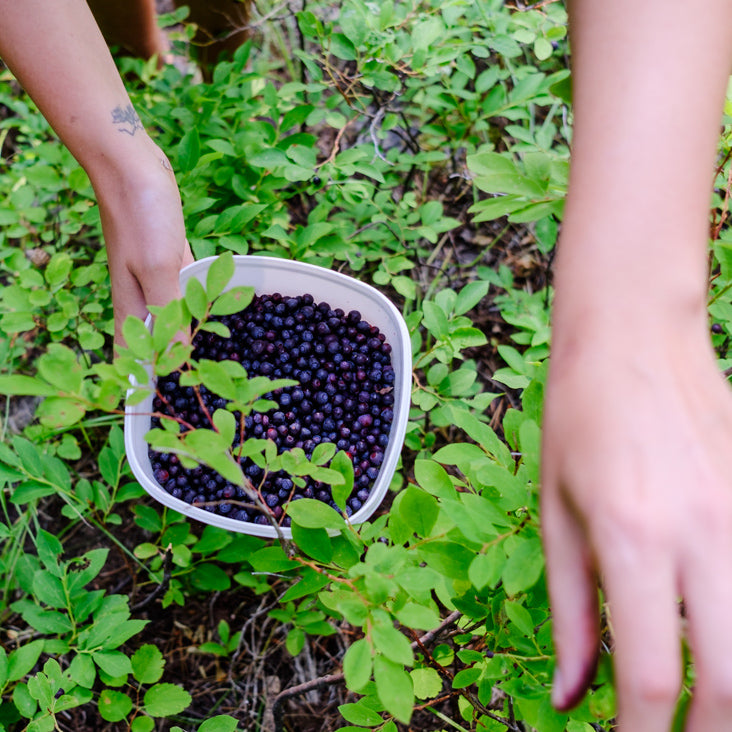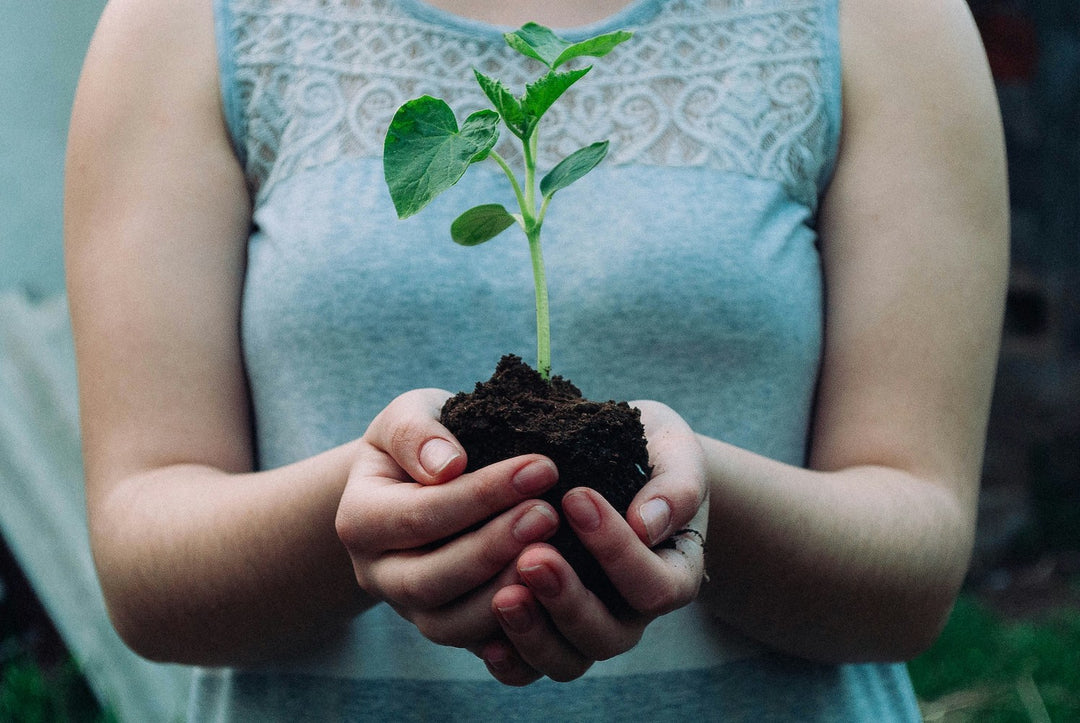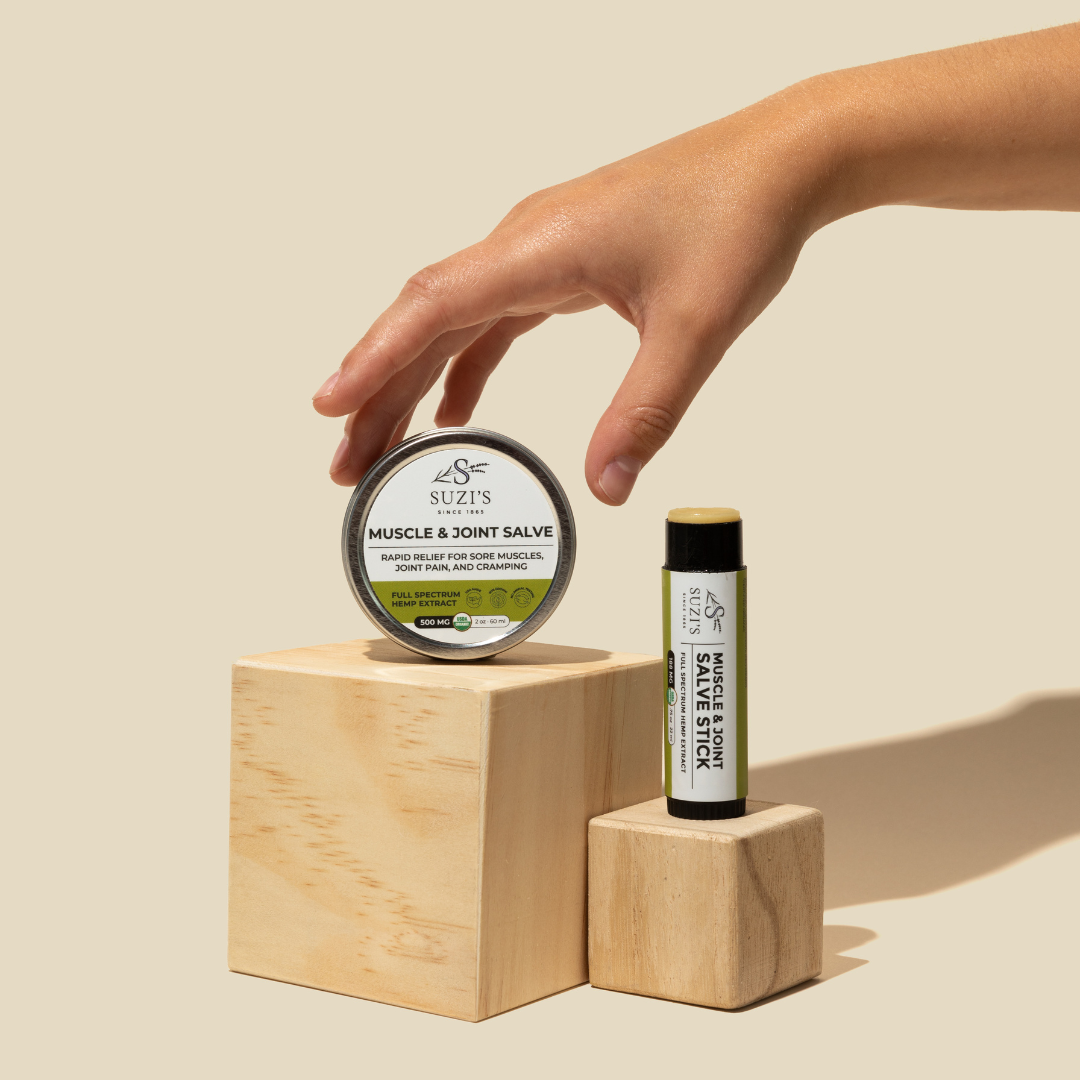Eating Clean and What That Really Means

The term ‘clean foods’ has become a kind of a catch-all phrase. What does it mean to you? How can we get started? Are you eating ‘clean’ if you just eat more than one salad per week? Trying to eat ‘clean’ means living with a goal in mind, with a desire to do some good by your body and for the planet. Defining the specifics of that goal for yourself will help you work towards it. Let’s get started!!
Here are a few ideas:

Eating organic
Non-organic foods contain chemicals you can’t see and probably can’t taste, but simply can’t be referred to as ‘clean’ or safe by anyone who spends more than a moment thinking about it. Organic produce is grown without pesticides, synthetic fertilizers, sewer sludge, GMOs (genetically modified organisms), or ionizing radiation. Organic animal products are raised without antibiotics or growth hormones. These foods are clean because of what they lack—a slew of things that, can cause dermatological, gastrointestinal, neurological, carcinogenic, respiratory, reproductive, (and the list goes on), issues in or on your body! To be in balance with ourselves, our bodies and our environment, we should try to avoid all of that.

Eating local
Eating local is a part of ‘eating clean’ because it lessens your carbon footprint by avoiding travel that adds to pollution and greenhouse gases. This is clean eating because it’s casting your vote for reducing sources of global warming. Eating local also means ripe produce—produce that was picked at the right time, during its peak in terms of vitamin and mineral content. The nutritional content is not only higher, it is more bioavailable. By making this choice, you’re getting the most out of your money and doing the environment and local farmers a favor! LOVE your LOCAL Farmers!! They will smile a lot and you can feel good too!

Eating fewer animal products
It is difficult to justify eating farmed animal products as part of clean eating, even when organically raised. This is in part because livestock production contributes to greenhouse gases. To understand this in more detail, you can read my article, How Livestock Production Impacts Greenhouse Gas Emissions. Animal products are also highly taxing for our bodies to digest, making the nutrition content relatively difficult to absorb—Maybe it’s not worth the hassle considering all those vitamins and minerals can be found elsewhere in the plant world. Why Not JUST EAT PLANTS? (nuts, berries, leaves, stems, roots, seeds, grains and so much more)! Combined in the right amounts, plants alone can fuel your body with most everything you need.

Eating healthy and holistically
Interestingly, a person could be an organic-only, local-eating vegan and still not be eating a particularly healthy diet. It’s important to make considerations for the balance of the holistic foods we eat as well as how they are being produced. By consuming the daily recommended amounts of vitamins and minerals required by your body to thrive, your body will feel better and be in balance.
Holistic nutrition is all about eating healthy food as close to its natural state as possible. Thinking more consciously about what we eat and focusing more on the health benefits of keeping that balanced, will benefit us in the amount of energy and focus we have and might just help us sleep better too!
Maybe we can look at holistic eating in terms of having gratitude for how foods help every part of our body, and by asking how can we help our bodies achieve a healthier daily balance?

Eating simple
It can be fun to experiment with complex recipes in the kitchen but making a new recipe every single meal isn’t really what eating ‘clean’ is all about. Not only does this require tons of time, prep, and shopping, but recipes with long lists of ingredients are often hiding empty calories if not sugars and fats that aren’t beneficial. Opting for simple foods, lightly prepared, usually results in meals where you know exactly what you’re eating and what good it’s doing for you.

Eating to support renewable resources
Organic farmers support renewable resources, and soil and water conservation. Because no pesticides or growth hormones are dumped into the water supply during the production of organic foods, our water is cleaner and safer for human and animal consumption. We still don’t know all of the long-term negative effects harmful farm chemicals might be, but in a world where clean drinking water is becoming scarce, it is important to support farmers who are focused on sustainable practices that don’t threaten our future and the future of our planet.

Eating clean means a lot to our health today and in the future
By eating ‘clean,’ you’re supporting the Earth, your local economy, wildlife, and your health. Maybe that seems like a lot to think about, but if we consider it more like a contribution, something we have a choice on and a way we can help, that also has the impact of personal empowerment. I am so very thankful that we have the power of choice.






